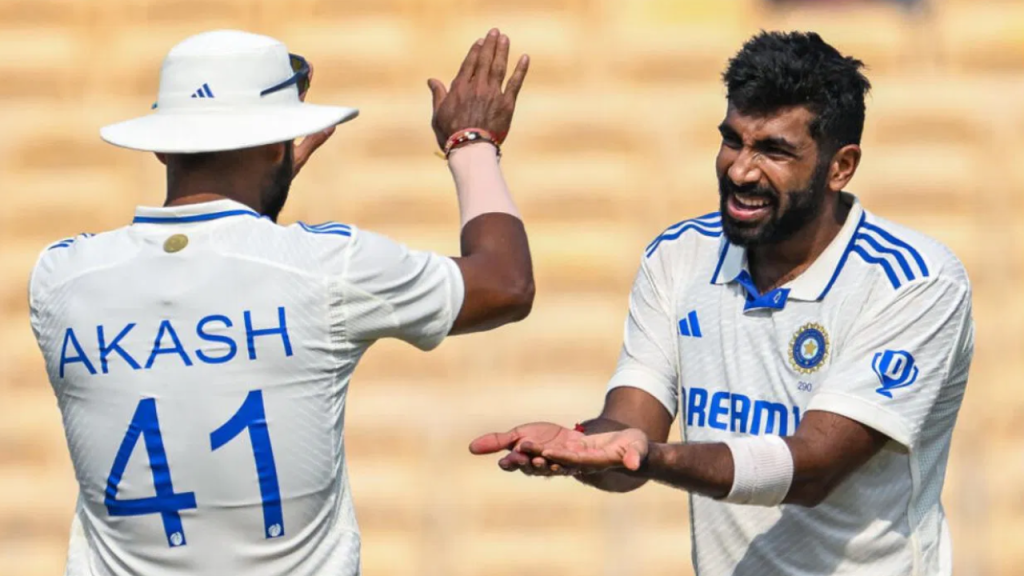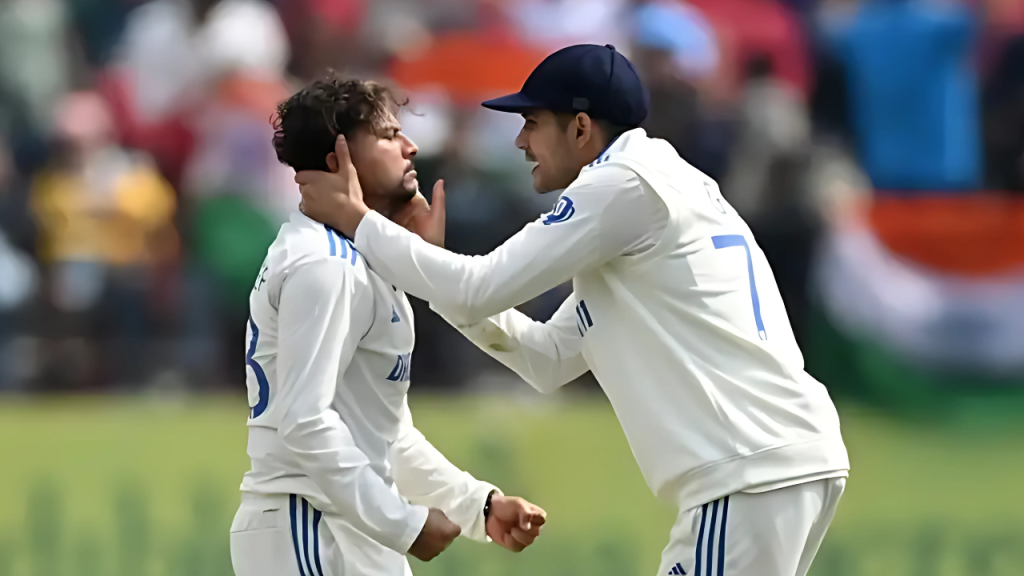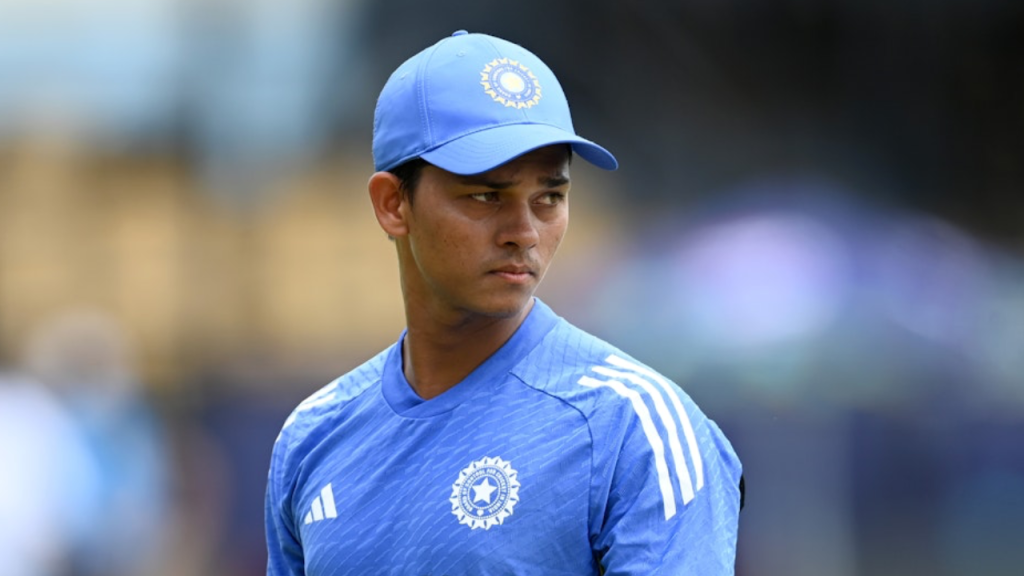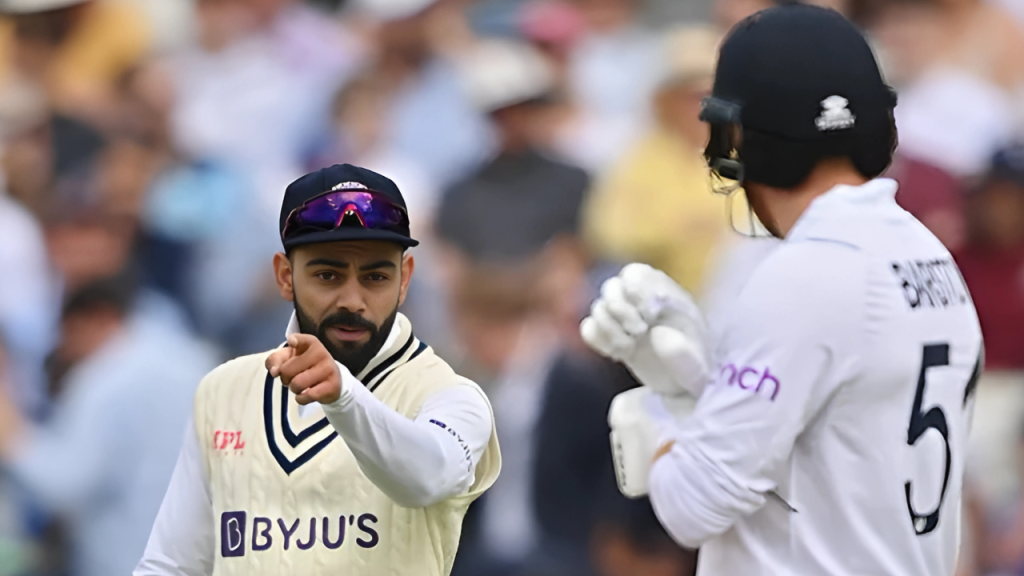Cricket, where every player’s career is scrutinized and celebrated, selecting an all-time XI is a task fraught with nostalgia, analysis, and often, controversy. Alastair Cook, a stalwart of English cricket known for his prolific opening batting, recently unveiled his all-time cricket XI, a team that has sparked considerable debate due to its composition. Notably, Cook’s selection did not include a single Indian cricketer, a choice that has raised eyebrows and initiated discussions on the representation of cricketing legends across different eras and countries.
Alastair Cook Picks His All Time XI:

1 Graham Gooch (c)
2 Matthew Hayden
3 Brian Lara
4 Ricky Ponting
5 AB de Villiers
6 Kumar Sangakkara (wk)
7 Jacques Kallis
8 Shane Warne
9 James Anderson
10 Muttiah Muralitharan
11 Glenn McGrath
This lineup is a testament to Cook’s appreciation for players who have not only excelled in their roles but have also left an indelible mark on the game through their records, leadership, and flair.
Graham Gooch as captain might reflect Cook’s admiration for Gooch’s ability to lead by example, scoring heavily while captaining England during challenging times. Matthew Hayden and Brian Lara bring the power and elegance, respectively, showcasing the diversity in opening partnerships. Ricky Ponting and AB de Villiers add the dynamism and versatility, with Ponting’s aggressive captaincy and de Villiers’ 360-degree cricketing skills.
Kumar Sangakkara, one of the finest wicket-keepers and batsmen, provides stability and elegance, while Jacques Kallis stands as the epitome of all-round cricketing excellence.
The bowling attack is equally formidable. Shane Warne, with his leg-spin wizardry, and Muttiah Muralitharan, the off-spin maestro, represent the spin department. James Anderson and Glenn McGrath form a pace duo known for their accuracy, movement, and sheer volume of wickets taken.
The absence of an Indian player in Cook’s XI has not gone unnoticed. Cricket in India has produced legends like Sachin Tendulkar, Rahul Dravid, and Kapil Dev, who have often been mentioned in discussions of all-time greats. This omission could be interpreted in various ways: perhaps Cook’s selection was influenced by personal experiences, specific criteria like head-to-head performances, or simply a different perspective on what constitutes greatness in cricket.
This choice by Alastair Cook might also reflect the subjective nature of such lists, where personal encounters, team dynamics, and individual playing styles play a significant role in one’s perception of greatness. It’s a reminder that while statistics and achievements are quantifiable, the impact and admiration for players can be deeply personal.
Cook’s XI, while controversial for its lack of Indian representation, serves as a fascinating case study in cricketing preferences and the evolving nature of the game’s history. It invites fans and analysts alike to ponder over their own all-time teams, sparking debates that enrich the cricketing community’s appreciation for the sport’s rich tapestry of talent.





